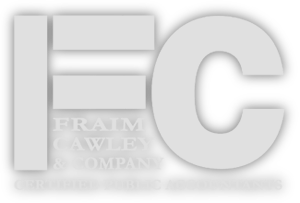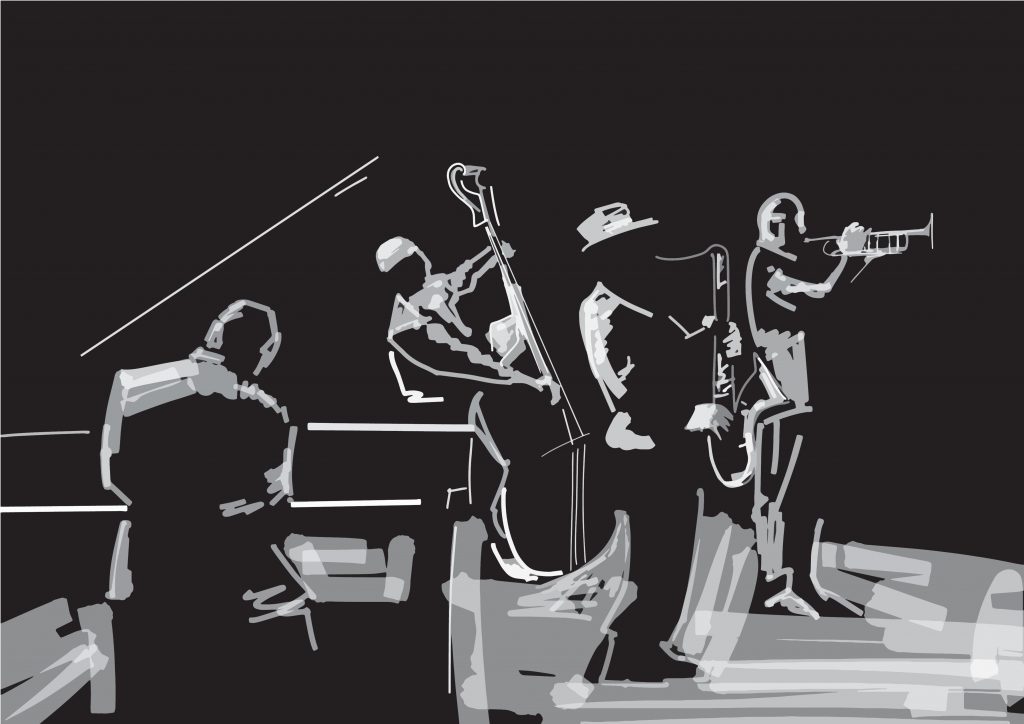“I don’t think I ever sang the same way twice. And I don’t think I ever sang the same tempo. One night is a little bit slower and the next night is a little bit brighter. It depends on how I feel. I don’t know, blues is sort of a mixed-up thing. You just have to feel it. Everything I do sing is part of my life.”
–Billie Holiday
Ella Fitzgerald was (in my opinion at least) the greatest singer of all time. Her voice was so rich and had so many layers to it that it sometimes felt like she was singing multiple notes at the same time. It’s something I’ve never experienced with any other singer.
But Billie – and Carmen McRae – will always be my favorites. Which may sound as if I am contradicting myself, given that I just crowned Ella Fitzgerald as “the greatest.” Permit me to explain.
The one complaint you’ll hear about Ella was that her singing was too pretty, too perfect. Sometimes it could feel like she was singing the notes rather than the words. This didn’t necessarily make her the best interpreter of the lyrics themselves – the story, the emotions.
And that’s why I always preferred Billie – albeit by a relatively slim margin. Objectively, she was a worse singer than Ella was. In terms of pure vocal talent, there isn’t much of a comparison. But in terms of feeling the lyrics, she was the best. Every performance she gave felt like she was personally going through that exact thing in that exact moment. It felt real.
Entrepreneurs branding and marketing their businesses could learn a valuable lesson from that.
As we’ve noted before, as the marketplace becomes more and more flooded with noise it is increasingly difficult to get noticed. And because of this, there has been a trend of people inflating, exaggerating, or even all out fabricating their experiences – both their accomplishments and the challenges they’ve overcome.
Beyond being dishonest, the issue with this tactic is that it ends up being transparently dishonest. The stories often feel fake and a bit of cross-referencing against their previous claims will often verify that they’re full of it. I mean, lie to me if you must, but don’t insult my intelligence at the same time.
If I’ve said it once I’ve said it a million times (whoops, I just exaggerated!): people are not stupid. Even if they buy into these lies at first, they will inevitably see through them. Sometimes it happens quickly and sometimes it can take years – but eventually the deception becomes apparent.
In rare cases, these “truth benders” are able to use this time to their advantage and get their true story to line up more with the fiction. They actually achieve the success/wealth they claimed to have from the start, they develop the skills to the level they purported to have from the beginning, etc.
But more often than not, the house of cards comes crashing down. People catch on to the game and the person is exposed as a liar and a fraud.
But even if that were not the case – even assuming it could actually work (because we can point to the exceptions who managed to become successful this way) is that really the way you want to grow your business? Is deceit the foundation you want it built on?
We do well to stick to truth and authenticity. It may be a slower build and it may take you some time to find your story and unique voice. But it will develop on a solid (and real) foundation that will last you a long time and will pay dividends well into the future.
Any accounting, business, or tax advice contained in this communication, including attachments and enclosures, is not intended as a thorough, in-depth analysis of specific issues, nor a substitute for a formal opinion, nor is it sufficient to avoid tax-related penalties.




